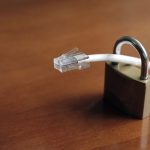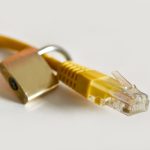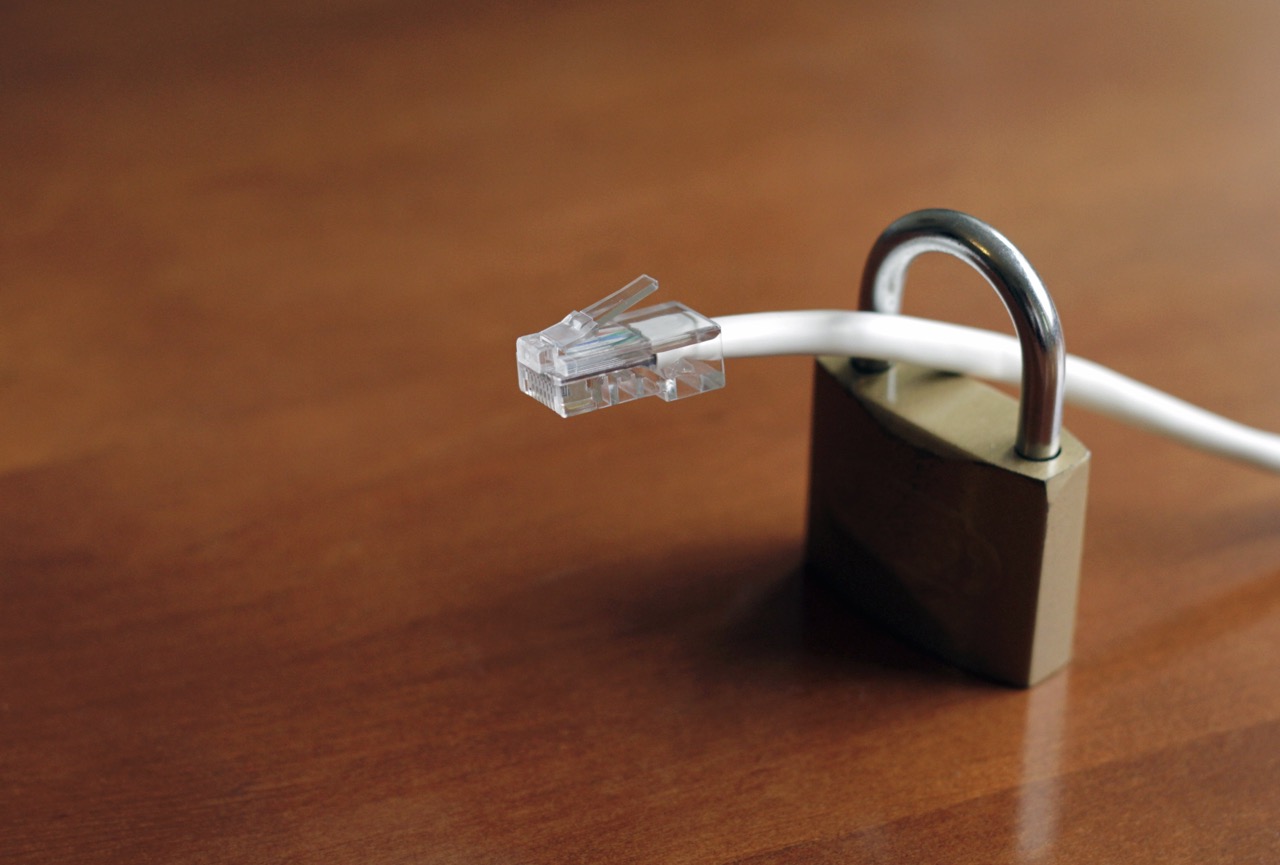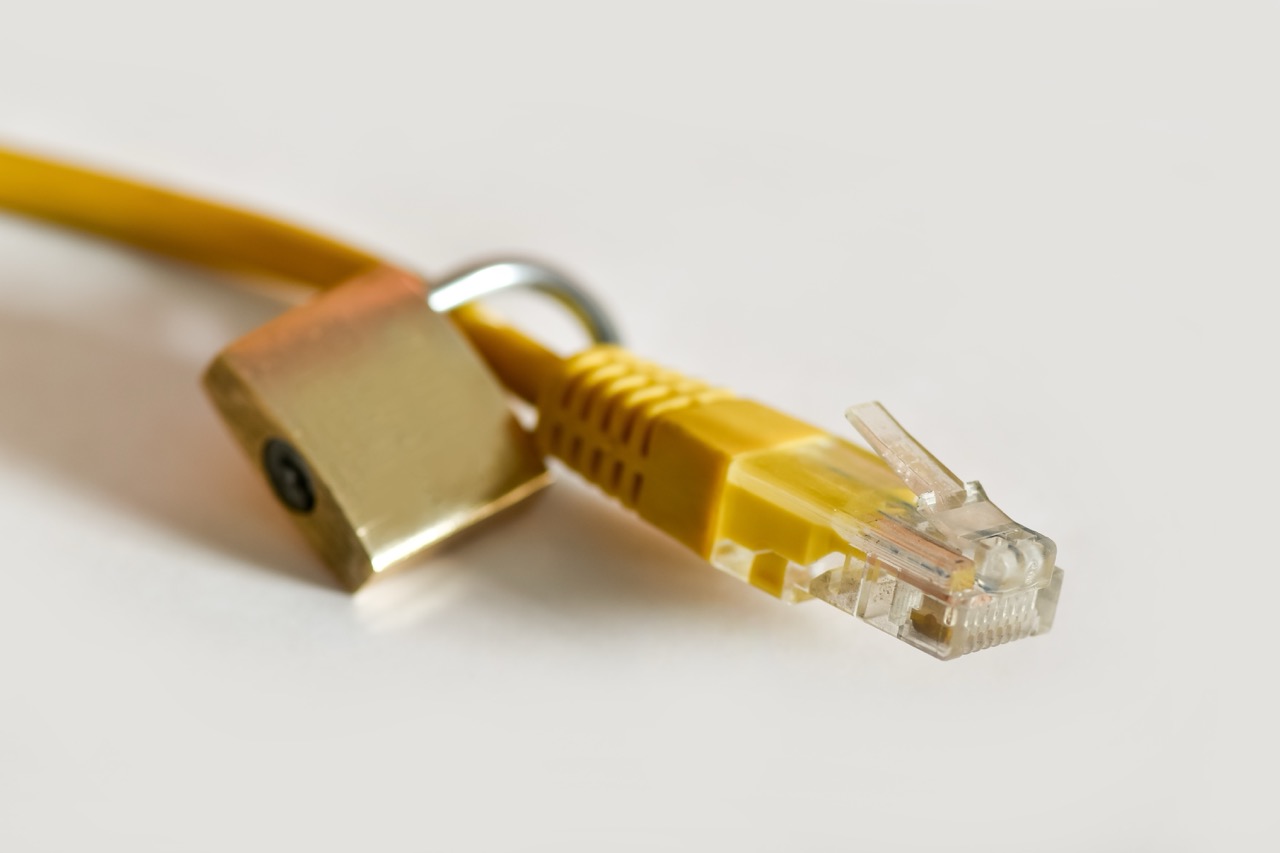In an age where cyber threats lurk in every corner of the digital landscape, protecting oneself from spam and phishing emails has become increasingly vital. Many individuals and organizations are unaware that a Virtual Private Network (VPN) can serve as an essential tool in combating these threats. This article will explore the intersection of VPN technology and email security, offering insights on how to leverage a VPN for enhanced protection against unwanted and malicious emails.
Understanding VPN Technology and Its Security Benefits
A Virtual Private Network (VPN) creates a secure tunnel between your device and the internet, encrypting your data and masking your IP address. This encryption protects your sensitive information from potential eavesdroppers, including hackers and data thieves. By using a VPN, you can safeguard your online activities, ensuring that your personal and professional communications remain private.
In addition to data encryption, a VPN also provides anonymity by rerouting your internet traffic through a remote server. This feature helps in preventing data tracking by third parties, including your Internet Service Provider (ISP) and advertising agencies. When considering the risk of spam and phishing emails, this anonymity can significantly reduce the likelihood of being targeted based on your online behavior.
The security benefits of a VPN extend beyond simple encryption; they encompass enhanced protection against malware and other cyber threats. Some VPN providers include built-in features such as ad-blockers and malware scanners that further fortify your defenses, making it harder for spam and phishing attempts to succeed. By understanding these foundational aspects of VPN technology, users can better appreciate its role in email security.
Identifying Spam and Phishing: The Threat Landscape Today
Spam emails clutter inboxes with unsolicited messages, often containing advertisements, promotions, or even malicious links. While some spam may seem harmless, it can serve as a gateway for phishing attacks, which aim to deceive users into revealing sensitive information. Phishing schemes have evolved, employing sophisticated tactics such as social engineering to gain user trust and encourage engagement with malicious content.
The threat landscape surrounding email has become increasingly complex, with cybercriminals developing more advanced techniques to bypass traditional security measures. Users are often unaware of the subtle signs indicating a phishing attempt, making it crucial to educate oneself on recognizing these threats. Emails may appear legitimate, employing familiar branding and language, which can lead to unintentional engagement and, ultimately, personal or organizational data breaches.
Understanding the characteristics of spam and phishing emails is imperative for effective defense. Common indicators include suspicious sender addresses, generic greetings, urgent language requesting immediate action, and unexpected attachments or links. By recognizing these signs, users can better protect themselves from falling victim to such email attacks.
How a VPN Enhances Your Email Security Protocols
Using a VPN significantly bolsters your email security by creating a secure connection that encrypts the data transmitted between your email client and the email server. This encryption is essential, especially when accessing email over public Wi-Fi networks, which are often targets for cybercriminals looking to intercept unprotected data. By utilizing a VPN, you can mitigate the risks associated with using unsecured networks.
Moreover, a VPN can help protect against IP-based tracking and targeted spam campaigns. Many spammers compile lists of potential victims based on their online activities, including browsing history and geographic location. By masking your IP address and encrypting your internet traffic, a VPN makes it more challenging for spammers to identify and target you, thereby reducing the volume of unsolicited emails you receive.
Additionally, a VPN can provide an extra layer of security for remote workers who access sensitive company emails from various locations. Ensuring that all communications are encrypted can help organizations maintain compliance with data protection regulations and prevent unauthorized access to confidential information. This added security minimizes the risk of phishing attempts that can exploit vulnerabilities in remote working setups.
Configuring Your VPN for Optimal Email Protection
To harness the full potential of a VPN for email security, proper configuration is essential. Start by choosing a reputable VPN provider that emphasizes strong encryption protocols such as OpenVPN or IKEv2. These protocols offer a higher level of security compared to outdated options like PPTP. Once you select a provider, ensure that you download and install the VPN software on all devices used for accessing your email.
After installation, configure the VPN settings to enable features such as "kill switch" and "DNS leak protection." The kill switch automatically disconnects your internet connection if the VPN fails, preventing any unencrypted data from being transmitted. DNS leak protection ensures that your DNS requests are routed through the VPN, further safeguarding your online identity. These features are crucial for maintaining the integrity of your email communications.
Regularly update your VPN software to benefit from the latest security patches and improvements. Additionally, familiarize yourself with the specific privacy policies and features offered by your VPN provider. Some VPNs offer customizable settings that can further enhance your email security, such as split tunneling, which allows you to route only specific traffic through the VPN while keeping other connections unaffected.
Best Practices for Using a VPN Against Email Threats
While a VPN provides substantial protection against spam and phishing emails, it’s essential to adopt best practices for comprehensive security. Always connect to the VPN before accessing your email, especially when using public Wi-Fi networks. This habit ensures that your communications are encrypted from the outset, reducing the risk of interception.
In addition, regularly monitor your email accounts for any suspicious activity. Look for unauthorized logins, changes to your settings, or unexpected messages sent from your account. If you notice any anomalies, take immediate action—changing your password and notifying your email service provider can help mitigate potential security breaches.
Lastly, combine VPN usage with other security measures for a more robust defense. Utilize spam filters provided by your email client, employ multi-factor authentication (MFA) for added account security, and remain vigilant about the content of emails you receive. By integrating these practices, you can create a comprehensive strategy to combat spam and phishing threats effectively.
Evaluating VPN Providers for Effective Spam Defense
When selecting a VPN provider to enhance your email security, consider several critical factors. First, assess the provider’s logging policy. Opt for a no-logs VPN, which ensures that your online activities remain private and are not stored or monitored. Understanding how a provider manages user data is crucial for maintaining your anonymity while online.
Next, evaluate the performance and reliability of the VPN service. Check reviews and performance tests to ensure the VPN offers stable connections and fast speeds. A slow VPN can hinder your email experience, leading to frustration and decreased productivity. Additionally, ensure that the VPN has a wide range of server locations, allowing you to choose the most suitable connection based on your requirements.
Finally, consider the security features offered by the VPN provider. Look for built-in protections such as ad-blocking, malware detection, and advanced encryption methods. Some providers may also offer dedicated IP addresses or additional support for specific email clients. Weighing these features against your needs will help you select a VPN that effectively combats spam and phishing emails while providing a secure online environment.
In conclusion, leveraging a VPN is a strategic approach to enhancing your email security and combating the persistent threats of spam and phishing emails. By understanding how VPN technology works, recognizing the threats present in today’s digital landscape, and implementing best practices, users can significantly reduce their vulnerability to email-based attacks. As cyber threats continue to evolve, investing in robust security measures, including a reliable VPN, is essential for safeguarding personal and organizational communications in an increasingly interconnected world.










